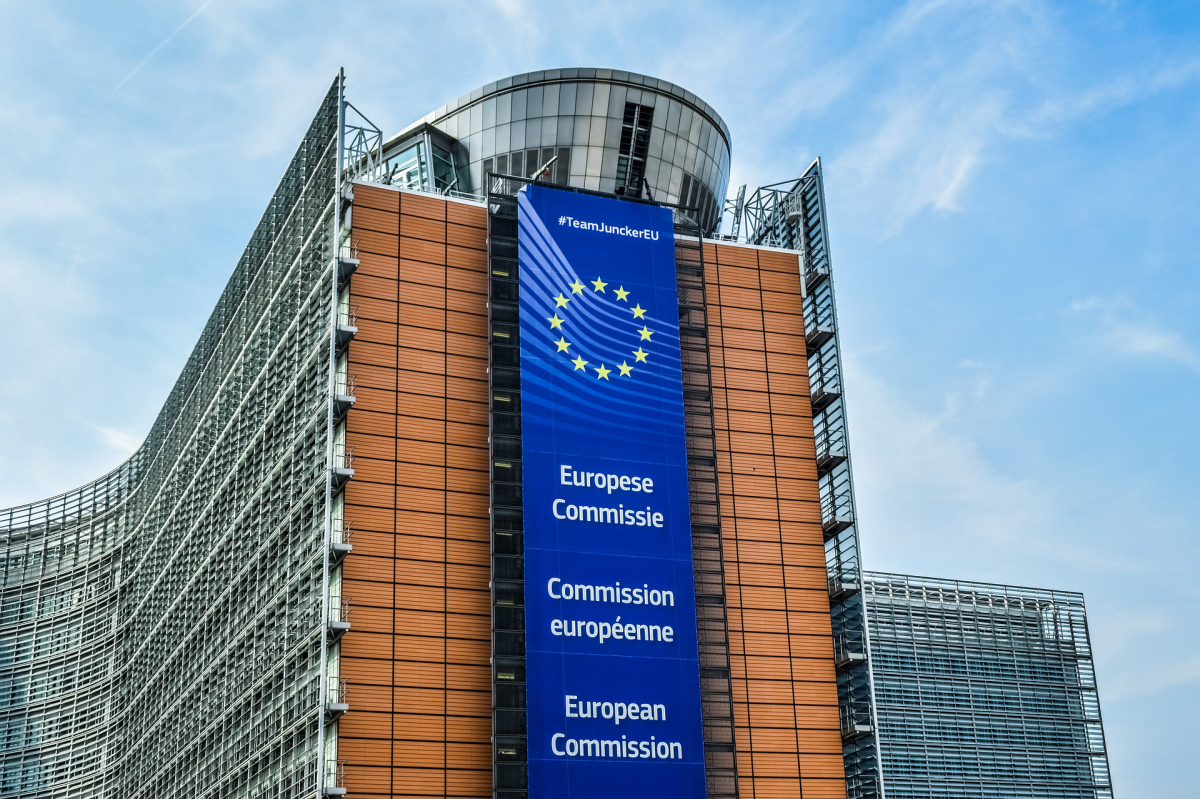Within the Horizon 2020, one of the main challenges has been to raise awareness and convey the message that cluster facilitated projects generating new industrial value chains and create innovation for SMEs. From 2015 to 2019, 24 projects have designed new business models, generated knowledge, and established new value chain in the EU. The biggest beneficiaries of Horizon 2020 come from Spain, France and German, covering different sector, especially ICT and agri-food.
The European Commission offers different tools (e.g.: innovative vouchers, lump sums, awards and prizes, hackathons, innovation clubs and virtual rooms, peer-to peer evaluation by entrepreneurs, and crow-funding) to facilitate cross-sectoral and cross-sectoral SME collaboration and innovation. INNOSUP calls have been one of the most effective tools to cope with this goal in H2020 and also in HE.
Talking about the long-term goal and budget, the Commission´s proposal covers a seven-year EU budget of 1.850 billion EUR: 1.100 billion for 2021-2027 and a temporary reinforcement of 750 billion EUR for the “Next Generation EU”. The main scope is to invest in sustainable infrastructure, research, innovation and digitisation, small and medium-sized companies and social investment and skills in order to have a smart growth in cohesion policy. In this context, the EU Commission aims to create a direct influence to join initiatives for Europe’s recovery to develop value chains interlinkages in the EU single market, build capacity to increase strategic autonomy, reinforce transformation into a greener and more digital economy. Clusters play an important role for SMEs in order to be resilient, green and digital. The INNOSUP calls are the “tools” for addressing these issues also in HE programme.
INNOSUP has already provided a strong evidence of its effectiveness: The EC published in the last March the “Study on the effectiveness of public innovation support for SMEs in Europe” which quantifies the efficiency and effectiveness of EU innovation support programs (INNOSUP) for Europe’s SMEs. The study shows the value of public financial support to foster innovation, the green and the digital transition in European SMEs by promoting cross-border and cross-sectoral cooperation.
The overall aim of this study was to gather evidence to determine whether the situation regarding the effectiveness of the delivery of public innovation support in Europe has improved since the consultation of 2009. To this end, the specific objectives of the study were to provide an understanding of: the main factors hampering innovation in SMEs, particularly in light of the recent technology and market developments in certain sectors and countries; the forms of innovation support received by SMEs; the level of satisfaction of SMEs regarding the support received; gaps in existing SME innovation support; and, the effectiveness and impact of the INNOSUP actions funded under H2020. The study considered the wide range of instruments (direct and indirect) supporting innovation in SMEs at European, national and regional levels. To address these objectives, a methodology consisting of the following elements was developed: a review of literature on innovation in SMEs in Europe; a programme of interviews including stakeholders in SME innovation and SMEs; a public consultation (online survey); and an in-depth evaluation of six INNOSUP actions, using the theory-based impact evaluation approach. The study provided an overview of Europe’s heterogeneous SME population by number, size distribution, member state and sector.
The study highlights the main barriers to innovation faced by SMEs today, especially those established in Southern and Eastern Europe which suffer from a lack of digitization and green innovation. These barriers to innovation originate from both traditional and new emerging trends.
However, the perception of obstacles to innovation varies considerably by type of SME. Micro enterprises throughout Europe see the lack of funds as the primary obstacle to innovation. Conversely, when micro enterprises benefit from public financial support, they experience a higher added value than other enterprises. Small and medium-sized enterprises consider the financial barrier important but less so than access to skills, their primary concern.
More information available at the following links:
https://clustercollaboration.eu/
Source: Antonello Fiorucci



